Five phone interview tips to get a job at a nursing agency

In-person interviews are becoming less common for nursing agencies, with more employers leaning toward phone and video sessions instead. Nursing agencies may conduct phone interviews for several reasons. They are cost-effective and allow for an extended reach to find the best candidates. Preparing for an interview in any format can be stressful. Here are five phone interview tips for assistants in nursing, enrolled nurses, registered nurses, and midwives interviewing with nursing agencies.
Use a high-quality phone
Mobile phones are notoriously unreliable. They drop calls, lose service, and sometimes cut in and out depending on your data signal. Voice quality also is less than desirable when using mobile devices, especially if on Wi-Fi. You want your call to be clear so the interviewer does not mishear any of your responses.
Avoid placing the call on speakerphone. It can affect how well you hear. Plus, you risk the interviewer hearing any background noise in your environment.
Practise answers to common questions
A good rule of thumb is to spend some time practising answers to some of the most common questions asked of prospective agency nurses. Here are some examples you may come across during the interview process, whether held in person or on the phone.
- Why did you choose a career in nursing? This is a catch-all question most healthcare employers ask nursing candidates. Honesty is the best policy when it comes to answering. Most nurses go into their field because they have a desire to help others. If you are passionate about administering care, speak up and make it known. Interviewers lean toward those who have a true calling for their work.
- How do you handle a patient who is not satisfied with their care? In the age of ratings and reviews, agencies can lose out on new clients if they receive enough low patient satisfaction scores. Part of delivering quality care is the ability to deal with dissatisfied patients. Asking nurses this question is a good test of their problem-solving skills, which are important for many aspects of the job.
- Do you practise self-care? This is an important question as well. Agency nurses who are burned out compromise the quality of care they give others. This also is a gauge of how well nurses can handle their emotions in a trying situation.
Get your game face on
It can be tempting to do a phone interview in your PJs, but we recommend against it. Take time to shower and dress, and never lay in bed while on the phone. There is no need to dress to the nines, but how you behave can set the tone for your entire interview.
Avoid food or drinks
It can be tempting to eat or drink while you are interviewing on the phone since the person on the other end of the line cannot see you. While they are not looking at you, they still can hear you. Eating and drinking sounds are louder than most people realise. You may think you are being discreet, but chances are, the interviewer will pick up on it. The only exception to this is if you have a dry throat or begin coughing while speaking. It is unfortunate, but it can happen. If it does, politely excuse yourself for a moment and take a drink of water before resuming the interview.
Never express negativity
Even if your last job was the worst experience, keep any ill thoughts you have about your last employer and fellow employees to yourself. Even if you are asked a direct question like, “what do you dislike about nursing?” find a way to frame your answer that does not sound negative.
Joining our team
First Choice Care welcomes qualified nurses to our agency. We have casual nursing and midwifery roles available. Apply now to join our team.
More articles





